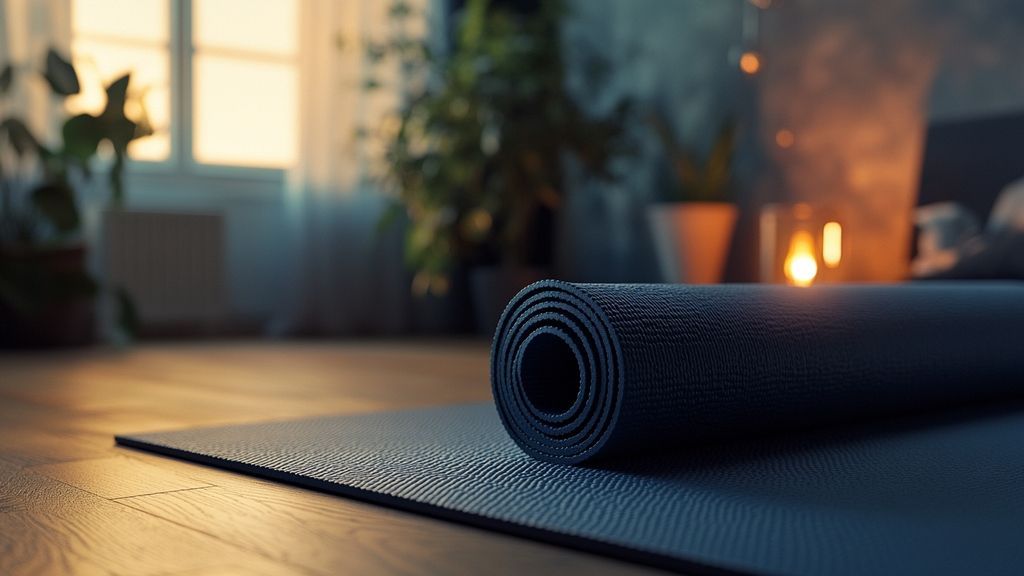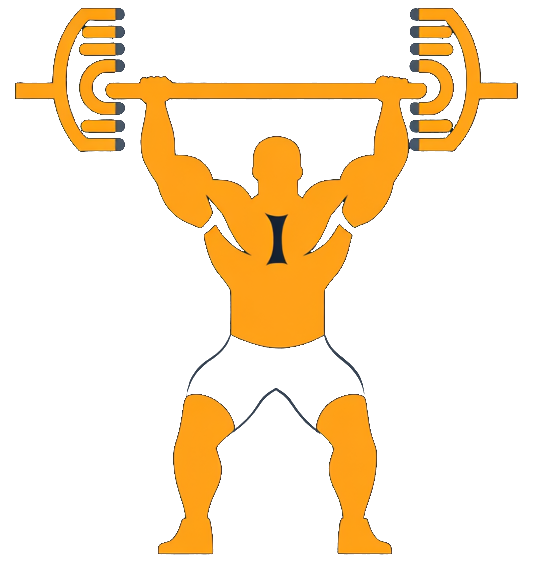Achieving peak performance in CrossFit is not merely about intense workouts and rigorous training schedules. Sleep plays a critical role in recovery, muscle repair, and overall athletic performance. Understanding how sleep influences your fitness journey can empower you to optimize your recovery strategies, ensuring you get the most out of every training session. This comprehensive guide delves into the connection between CrossFit and sleep, providing insights on how to improve your rest and recovery.
The Importance of Sleep for CrossFit Athletes
Sleep is essential for everyone, but it holds particular significance for CrossFit athletes who engage in high-intensity workouts. When you sleep, your body undergoes various processes that promote recovery and muscle growth. During deep sleep, also known as slow-wave sleep, the body releases human growth hormone (HGH), which aids in muscle repair and growth, vital for restoring the energy levels depleted during workouts.
In addition to muscle recovery, adequate sleep enhances mental clarity, focus, and mood, which are critical for optimized performance in competitive CrossFit. A well-rested athlete is better equipped to face challenges, push through intense sessions, and remain motivated.
The Science Behind Sleep and Recovery
Understanding the physiological processes occurring during sleep can shed light on why it is so crucial for athletes. Sleep cycles comprise several stages, including REM (rapid eye movement) and non-REM stages, with deep sleep being particularly restorative. Each cycle lasts about 90 minutes, and a typical adult goes through several cycles per night.
During the non-REM stages, especially deep sleep, the body undergoes processes that promote muscle recovery, including:
- Protein synthesis: The body repairs micro-tears in muscles caused by intense training sessions, enhancing strength and growth.
- Glycogen replenishment: Sleep aids in restoring glycogen levels in muscles, crucial for fueling future workouts.
- Hormonal balance: Sleep influences the production of hormones like cortisol, which can impact recovery if levels remain elevated due to lack of rest.
How to Improve Sleep Quality for Recovery

Improving your sleep quality is a multifaceted approach that requires attention to numerous factors. Here are several actionable strategies to enhance your sleep:
Create a Sleep Schedule
Going to bed and waking up at the same time each day helps regulate your body’s internal clock, improving your overall sleep quality. This consistency reinforces your circadian rhythm, which plays a vital role in sleep health.
Optimize Your Sleep Environment
Your bedroom should be a haven for sleep. Ensure your environment is conducive to rest by:
- Keeping the room dark and cool.
- Minimizing noise disruption with earplugs or white noise machines.
- Investing in a comfortable mattress and pillows that support your sleep posture.
Avoid Stimulants Before Bed
Limit the intake of caffeine, nicotine, and heavy meals in the hours leading up to bedtime. These substances can interfere with your ability to fall and stay asleep.
Nutrition’s Role in Sleep and Recovery
Nutritional choices can significantly impact your sleep quality and recovery. Incorporating certain foods into your diet can enhance your body’s ability to rest and repair:
Foods to Promote Sleep
Consider including the following foods in your evening meals:
- Complex carbohydrates such as whole grains can help to enhance serotonin levels in the brain.
- Foods rich in magnesium, such as leafy greens, nuts, and seeds, aid in relaxation.
- Amino acids, particularly tryptophan found in turkey and dairy products, are beneficial for promoting sleep.
Stay Hydrated
While it’s vital to stay hydrated for overall health and performance in CrossFit, be cautious about drinking large amounts of water right before bed to avoid sleep disruptions caused by nighttime bathroom trips.
Listening to Your Body: Recognizing Signs You Need Recovery

Paying attention to your body is critical for optimizing both CrossFit performance and recovery. Recognizing when you need more rest can prevent burnout and injuries:
Signs You Need Recovery
- Persistent fatigue: If you consistently feel tired despite adequate rest, it may indicate overtraining.
- Decreased performance: A drop in workout intensity or inability to hit previous weights could suggest your body needs a break.
- Increased irritability: Mood fluctuations can signify mental fatigue, requiring time off to recharge.
Incorporating active recovery days into your routine can be beneficial. Instead of high-intensity workouts, consider engaging in light activities, such as walking or yoga, which allow your body to recover without abandoning exercise altogether.
Using Technology to Monitor Sleep
Modern technology offers numerous tools to help you monitor and improve your sleep quality, making it easier to integrate recovery into your CrossFit regimen:
Fitness Trackers
Many fitness trackers not only monitor your daily activity but also provide insights into your sleep patterns. Devices like the Garmin Venu 3 and Fitbit Charge 6 can track sleep duration and stages, helping you to gain a better understanding of your nighttime recovery.
Sleep Apps
Apps designed to promote better sleep often include features like guided meditations, relaxation sounds, and sleep tracking. Using these can enhance your ability to fall asleep and stay asleep.
Smart Home Devices
Smart blinds that block out early morning light and smart speakers that play calming sounds can create an environment that promotes restful sleep.
Final Thoughts on CrossFit and Sleep Optimization

Recognizing the critical role sleep plays in recovery helps athletes maximize their training potential and achieve their fitness goals. By understanding the science behind sleep and applying actionable strategies, you can ensure that your body is prepared to tackle each CrossFit challenge with vigor and efficiency. Make sleep a priority, listen to your body, and embrace recovery as a fundamental part of your fitness journey.
